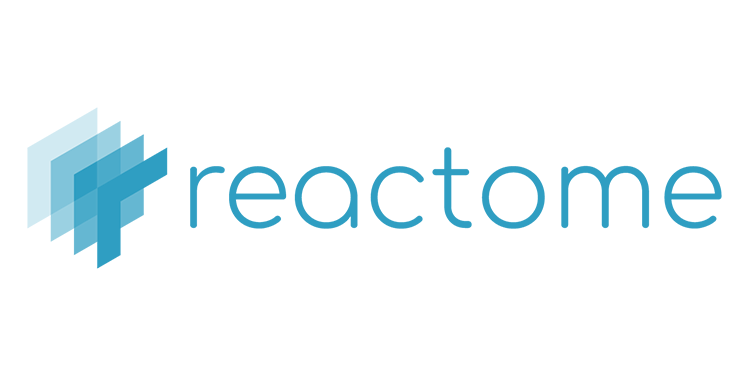The Reactome database was among 37 data resources to be recognized by the Global Biomedical Coalition.
A cutting-edge database of human cellular processes developed by OICR’s Dr. Lincoln Stein was named one of the world’s most indispensable biodata resources by an international coalition of research funders.
The Reactome database was one of just 37 data resources to make the Global Biomedical Coalition’s (GBC) inaugural Global Core Biodata Resources list, which recognizes databases that are “critical to life science and biomedical research worldwide.”
Founded in 2003 to drive innovations in biomedical research, Reactome is now the world’s largest open-access database of biological reactions and pathways. It is manually curated and includes advanced bioinformatics tools for researchers to interpret and analyze data.
Reactome is managed by Stein’s group in OICR’s Adaptive Oncology program along with teams at NYU Langone Health, the Oregon Health & Sciences University and the European Bioinformatics Institute. It is widely used among the research community, with a website that receives nearly 15 million visits per month.
“For many years now, Reactome has been an essential tool for interpreting genomic data and has led to many new insights into the causes and potential cures for human disease,” Stein says. “This recognition means that Reactome has passed a stringent selection process based on our stability, focus and research community size, and represents a strong endorsement by the world’s computational biology community.”
Researchers are increasingly relying on biodata resources to advance knowledge on how to how to prevent, detect and treat diseases like cancer, making it all the more important that these databases are easily accessible. All the resources on GBC’s list provide unrestricted access to researchers the world over.
Reactome is not the only of Stein’s projects to make the list. GBC also recognized the Alliance of Genome Resources, which harmonizes genomic and biological data from different model organisms, as contributed by its member organizations. Stein’s WormBase project, a model organism database for the roundworm (C. elegans), is one of the founding members of the alliance.
“Much of the world’s biological knowledge is locked away in PDFs which are inaccessible to the advanced computational algorithms needed to interpret large-scale datasets such as genomics,” Stein says. “Reactome and similar biodata resources unlock this knowledge and makes it available for computation, enabling the advancement of precision medicine, machine-aided diagnostic and drug discovery.”


